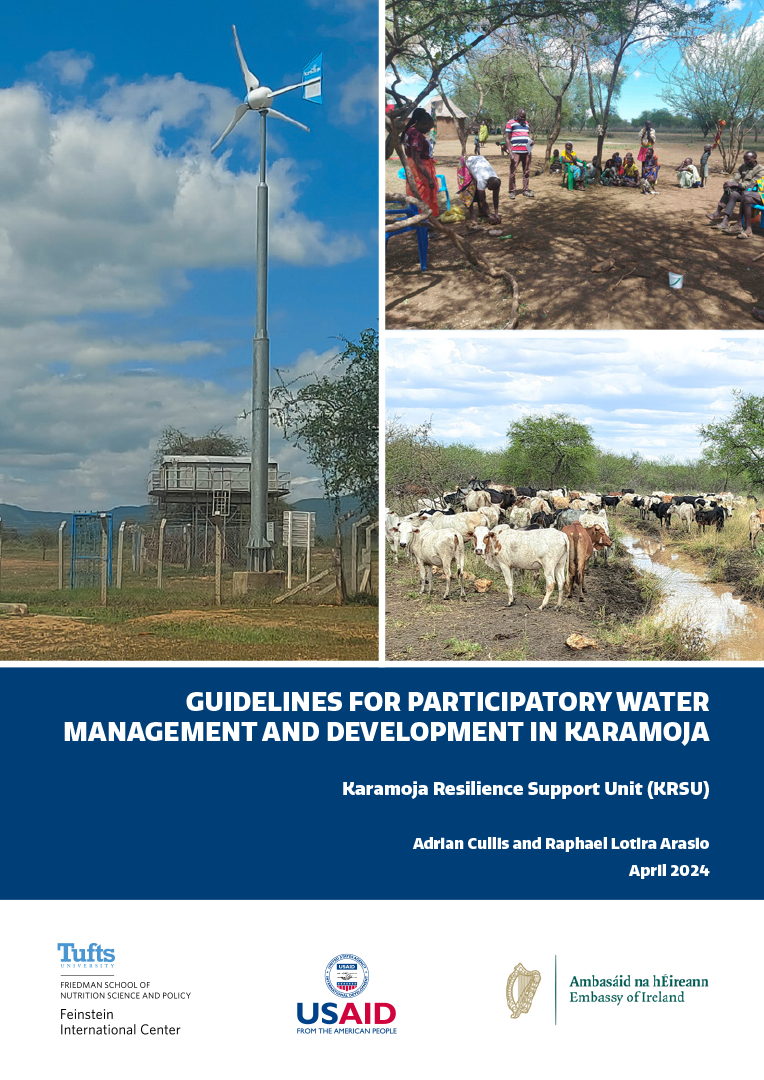The world is investing in more and smarter early warning systems to confront changing climate risks. When early warnings are accurate, resources are quickly allocated, and decisions are made in collaboration with local communities and actors, anticipatory action can pay off.
Over the past two years, researchers across Africa, Asia and U.S. universities have joined efforts and established the Academic Alliance on Anticipatory Action, aiming to understand the design and implementation of anticipatory action.
Examining many projects linking early warnings and early action from around the world, we’ve observed that the time pressure involved in designing and implementing anticipatory action can discourage the localization of decision-making.
Learn more from a summary of insights, featuring tailor-made cartoons by Hameed Khan, Eugenia Rojo, and Pablo Suarez.







